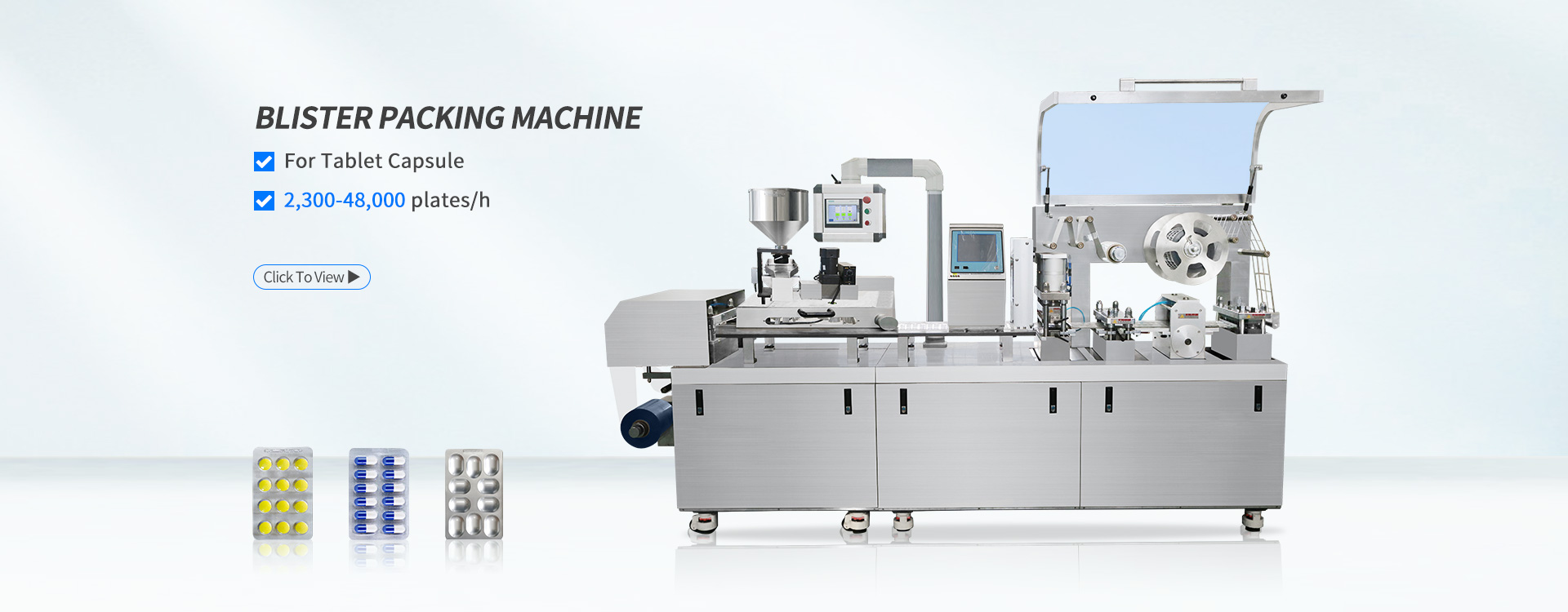The features that mean the most for this field in pharmaceutical and nutraceutical manufacturing include precision, efficiency, and durability. Among the main features are a high production capacity-the innovative rotary versions can make up to 300,000 tablets in one hour. This level of productivity is so vital to large-scale production environments as it ensures supply without compromising quality.
The other important characteristic of these systems is their precision dosing; the accuracy rate in high-end machines is as high as 99.9%. Precision dosing is essential in pharmaceuticals, with very strict standards set by the regulatory authorities. The machines of reputed brands, such as Fette and Korsch, use their servo-driven mechanisms to control the flow of powder into each cavity of a die, and hence greatly reduce weight variation in tablets. Studies have shown that due to precision dosing, waste can be reduced up to 20%, which optimizes material usage while providing consistency for their product.
The tablet press machines also include advanced compression systems. This advanced system applies high pressure, sometimes as high as 10 tons, to compact the powdered materials into solid tablets. A pre-compression station removes air from the powder before the final compression; this helps to minimize lamination and capping, enhancing tablet integrity for high-quality tablets that can meet pharmaceutical standards. Machines have also demonstrated pre-compression functionality to increase tablet quality by up to 30%, making such machines highly desirable in quality-sensitive production lines.

Automation and control features simplify operation and ensure accuracy. Newer tablet presses employ touch-screen control panels where operators can view critical parameters such as compression force, tablet thickness, and hardness in real time. The interface allows immediate adjustments to assure that each tablet meets specifications without downtime in production. Equipped with optical sensors and a real-time monitoring system, the system detects defects and ejects irregular tablets, thus maintaining quality without human inspection.
Other major advantages are durability and low maintenance. One of the mentioned ways to automatically lubricate punches and dies reduces wear on them, therefore extending component life by as much as 25% and lowering maintenance costs. Machines built with features of continuous lubrication and cooling fit facilities with long production cycles; these reduce time and enhance general efficiency.
A tablet press machine can provide all the features for efficient and large-scale production: high-speed production, precision dosing, advanced compression, automation, and durability-all surely satisfying the most rigorous demands in the pharmaceutical industry.